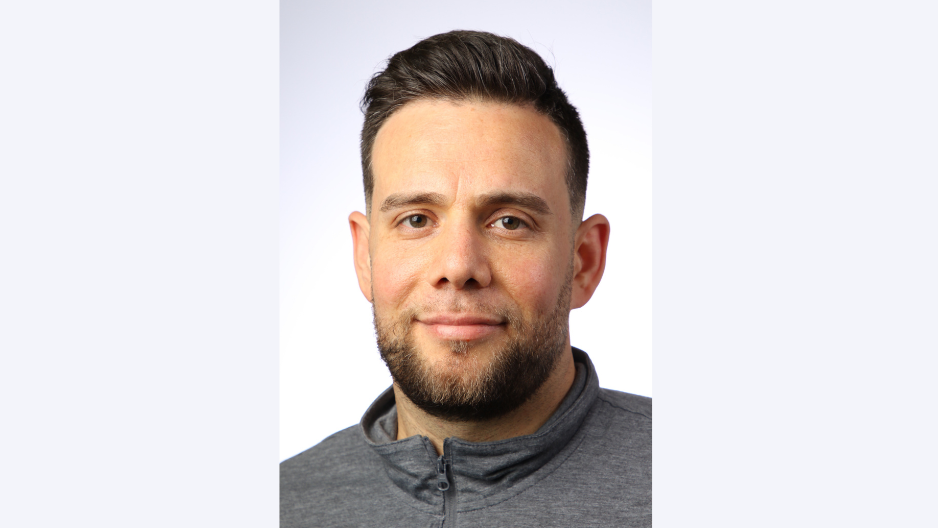As a first-year PhD student at the Lewis Katz School of Medicine, Pete Vulfson is excited to share his journey that led him to the Experimental Therapeutic's program at the Fels Cancer Institute for Personalized Medicine here at Katz. Growing up in Philadelphia, he cultivated a passion for the sciences early on. After graduating from the University of the Sciences in Philadelphia, Vulfson gained valuable experience working in immunohematology at the Hospital of the University of Pennsylvania. Later, his career transitioned into the pharmaceutical sector at Johnson & Johnson, where he dedicated the last five years to developing groundbreaking T-cell Redirection Therapies for Multiple Myeloma. Under the mentorship of Kodandaram Pillarisetti at Penn, Pete became inspired by the drug discovery process and sought out knowledge of cancer biology, stating, "The drug discovery aspect inspired me to want to dive deeper into understanding the biology of a cancer cell."
What particularly drew Vulfson to Experimental Therapeutics was the diversity of Principal Investigators (PIs) and the pioneering research being conducted. "After doing some background research on the PIs and their projects," Vulfson explained, "I saw a lot of interesting work being done that I could see myself being a part of." He noted that he was impressed by "the broad spectrum of researchers at the school". In addition to the Fels Cancer Institute for Personalized Medicine, Katz's strong connections with renowned cancer centers, such as Fox Chase Cancer Center provided a platform for further exploration and research collaboration.
Vulfson’s previous experiences have prepared him for this academic year. "I learned a lot of the basic fundamentals of laboratory work at my position in industry," he shared. He emphasized how this experience would be applicable to his potential thesis work, stating, "At its core, my experiences prepared me to critically think about the data I generated and what it means." The ability to troubleshoot and solve problems has become essential for him as he engages in research.
As Vulfson embarks on this journey, he is most excited about the opportunity to shape his thesis project and see it evolve from an idea into a physical concept. "I know it will be a lot of hard work and dedication," he acknowledged, "but I look forward to challenges. Being able to see a project from its infancy is something I really desire." He believes that this experience will significantly enhance his ability to tackle any future ventures, adding, "From an idea to potentially a real concept, that’s incredibly fulfilling."
Reflecting on his journey thus far, Pete acknowledges the challenges he faced, particularly in establishing his career path. "The biggest challenge was determining my path in life," he explained. "Initially, I was not clear when I graduated college, but it took some time to refine it." He concluded that "I can't say I overcame as much; I just stumbled along the way until the picture became clear."
For those considering researching Experimental Therapeutics at Katz, Pete's advice is to embrace the opportunities available for study and research. "The school has a lot to offer in terms of options in things you would like to study or research," he noted. He encourages prospective students by stating, "There are a lot of PIs that want to work with motivated students, even if your experience doesn't align." He believes Katz's numerous research collaborations are beneficial, saying, "It is a great place to start your foundation because wherever you want to go next in life, the Katz program will help you prepare for it."
Looking ahead, Vulfson envisions himself returning to the pharmaceutical sector, where he plans to leverage the knowledge and skills gained from the Experimental Therapeutics program to further the development of advanced Immuno-oncology treatments. "I believe hoping it will result in better life expectancies for cancer patients harnessing the power of the immune system has already shown to be very effective," he remarked. He is optimistic about the field's potential, stating, "We are just in the early stages of that field and exploiting its full potential." Vulfson is committed to contributing to this vital work, ultimately hoping it will result in better life expectancies for patients facing cancer.

